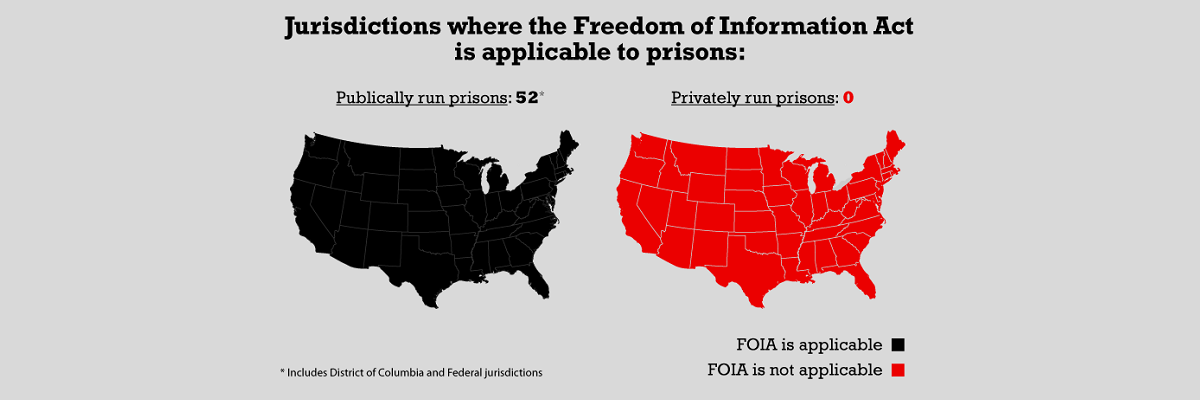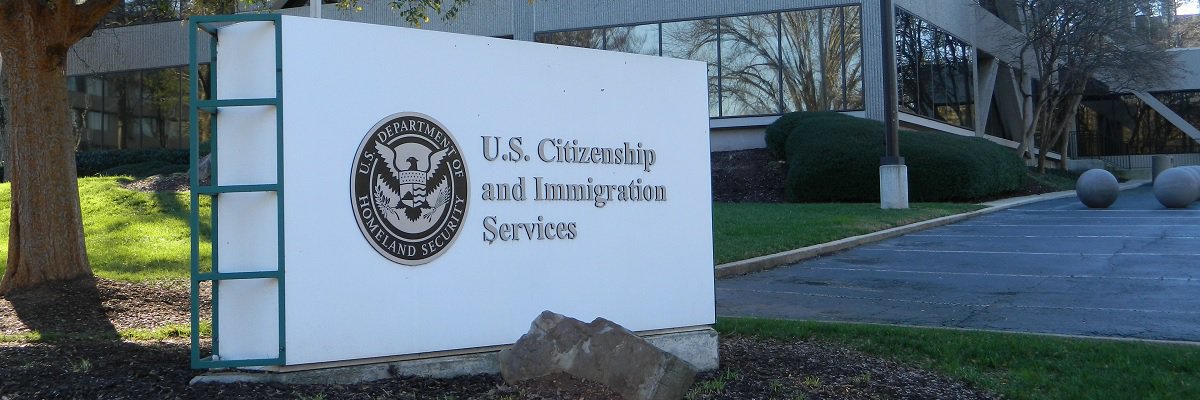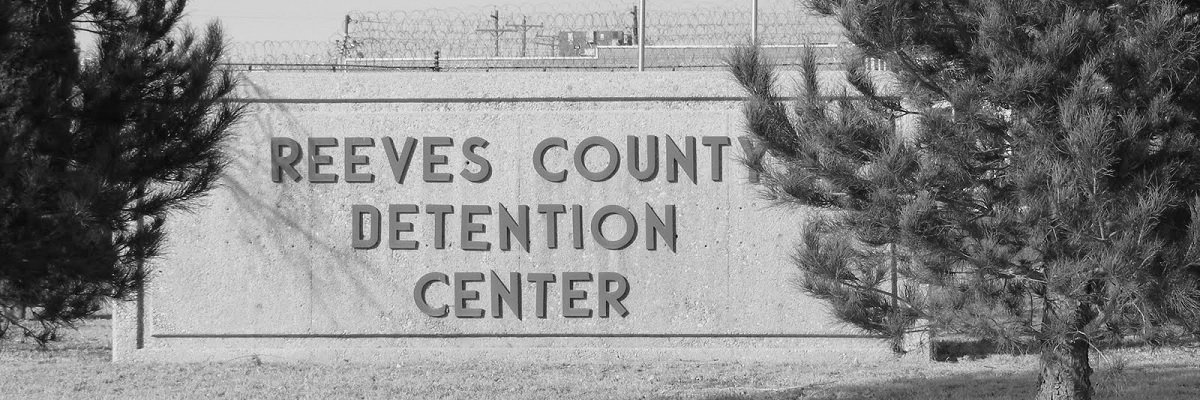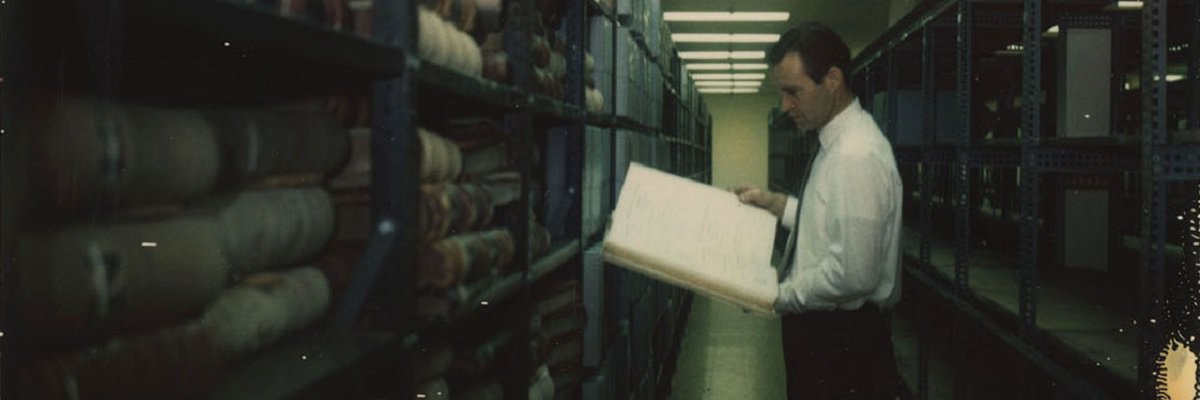“Secret prisons.”
The term - which evokes overseas CIA detainment centers shrouded in dark, foreign lands—could be applied right here at home. Right now, there are over 128,000 people on United States soil being held in privately-operated correctional facilities. Financially dependent on the government and hired to enforce the burden of public justice, these private prisons are nonetheless not subject to FOIA.
Between federal, state, and local facilities, the “prison state” holds over 2.2 million people. It claims more residents than a quarter of U.S. states. Like all other United States government agencies, law enforcement and corrections agencies are subject to the Freedom of Information Act. Budgets, procedures, work orders, etc. are all theoretically accessible. In this way, the government-ordained revocation of the national right to freedom is subject to citizen oversight. Once that responsibility has been delegated to a private corporation, however, the avenue of accountability is cut off.
Meanwhile the American prison system - widely recognized as disproportionately populated, dangerous, and ineffective at deterring crime - continues to drain billions of dollars of taxpayer money in the name of public safety. It’s easy enough for those on the outside to say, “Well, freedom isn’t free.”
Taking it away isn’t cheap, either.
People in prison cost money. Coincidentally, private prisons - big players like Corrections Corporation of America (CCA), GEO Group, Management and Training Coporation (MTC) - make a lot of money. The appeal of privatized prison systems lies, of course, in their purported ability to do more for less. But studies have been inconclusive in determining if money is being saved at all; it may be costing more to keep prisoners there than it otherwise would.
Relationships between government officials and private correctional corporations executives have made assessments of quality and compliance unreliable. And it’s no real secret that a reliable prison population is good for their business.
While private prisons may hold only a half of one percent of all incarcerated prisoners, the industry has a clear incentive to support policies that encourage the population swell, and they do. Private corporations have contributed to stricter drug laws, mandatory sentencing, and immigration policy, which in turn have all contributed to the rise of the prison population. Internally, cutting costs means cutting corners; egregious examples of negligence, abuse, and understaffing have gone years without punishment or effective resolution. And it’s hard to know what is going on.
The Private Prison Information Act was introduced into Congress for the first time in 2005. Then there were 80,401 state inmates and 27,046 federal inmates in private facilities. Since then those numbers have grown to 96,774 and 40,446. The number of immigrants in federal private prisons has grown to almost half of all in custody. And the number of times the Private Prison Information Act has been introduced and killed in committee has grown to five.
So, this week MuckRock is kicking off a long term investigation into the grey area between these private correctional corporations and the government agencies that provide them with financial support and jurisdictional authority. What can we know about a multi-billion dollar industry that is largely fueled by American tax dollars? Well, you can help us find out.
We’re beginning our inquiry by requesting the contracts that every state has with private correctional prisons and the required corresponding contract monitoring reports. New Mexico has successfully issued fines due to breaches of contract, and it’s likely many others can do the same. We’re after the marketing materials these companies provided and the bids they placed; a questionable study done by Temple University, in part founded by the private prison corporations the study supports, argues that competition between these corporations is a good thing, but monopolies and single bid contracts are not uncommon.
As always, please send all tips, suggestions, and such to info@muckrock.com or beryl@muckrock.com. The secrets prisons keep affect us all.
Image courtesy of Citizens for Responsibility and Ethics in Washington.




